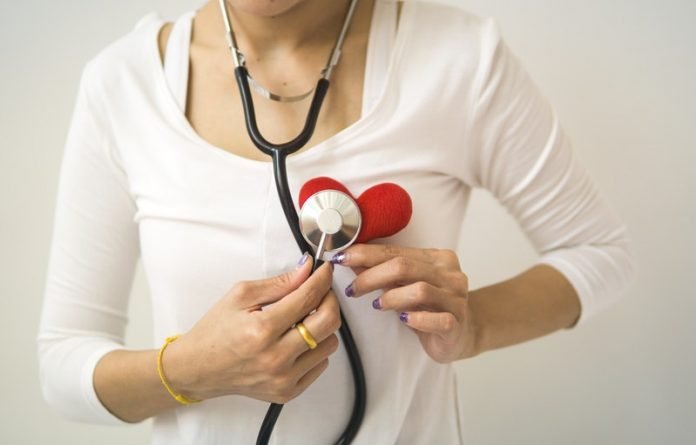
Scientists from Washington University in St. Louis found that many commonly used drugs, including antibiotics, antinausea and anticancer medications, have a side effect of lengthening the electrical event that triggers contraction, creating an irregular heartbeat.
While safe in their current dosages, some of these drugs may have a more therapeutic benefit at higher doses but are limited by the risk of arrhythmia.
The research is published in the Proceedings of the National Academy of Sciences and was conducted by Jianmin Cui et al.
In the study, the researchers found a compound that prevents the lengthening of the heart’s electrical event, or action potential, resulting in a major step toward safer use and expanded efficacy of these medications.
The compound named C28, not only prevents or reverses the negative effects on the heart but does not cause any change on the normal action potential when used alone at the same concentrations.
The drugs in question, as well as several that have been pulled from the market, cause a prolongation of the QT interval of the heartbeat, known as acquired Long QT Syndrome, that predisposes patients to cardiac arrhythmia and sudden death.
Although there are several types of ion channels in the heart, a change in one or more of them may lead to this arrhythmia, which contributes to about 200,000 to 300,000 sudden deaths a year, more than deaths from stroke, lung cancer or breast cancer.
In the study, the team screened a quarter of a million small compounds and identified C28.
They tested the C28 compound in animals and found that C28 could prevent or reverse the drug-induced irregular heartbeat.
They also found that there were no strong effects on atrial muscle cells, an important control for the drug’s potential use.
While the compound needs additional verification and testing, the researchers say there is a big potential for this compound and prevent heart rhythm disorders caused by common drugs.
If you care about heart health, please read studies how to prevent heart attack in people with diabetes, and what to eat if you have a heart rhythm problem.
For more information about stroke, please see recent studies about how to reverse heart failure with diet, and case showing that vitamin C may help treat heart rhythm problem.
Copyright © 2022 Knowridge Science Report. All rights reserved.



